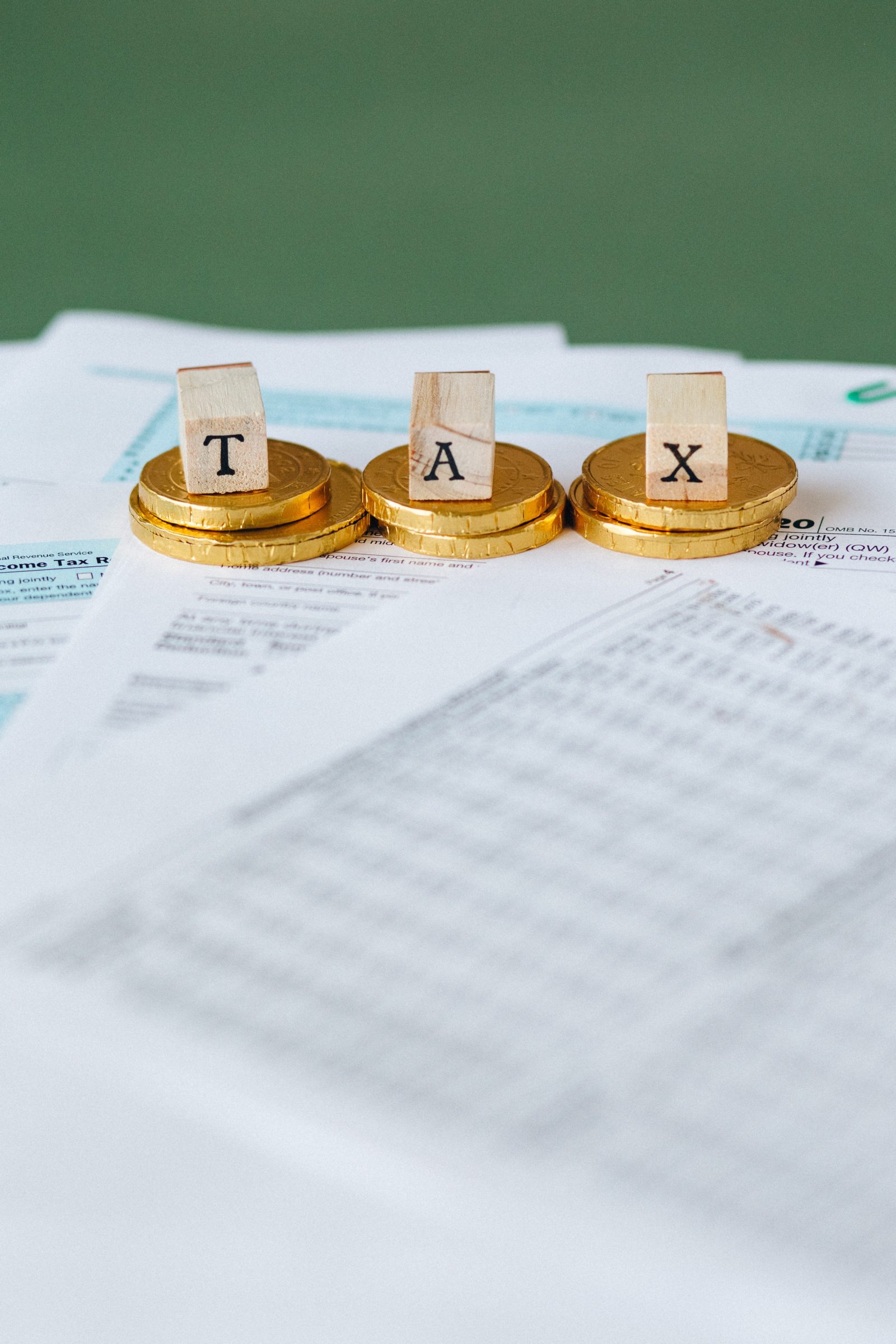The National Budget Council has been warning about this since March, when it called on the government to consolidate public finances. According to calculations, the Czech Republic may hit the so-called debt brake in just three years, i.e. in 2024.
This means that the Czech Republic could reach a debt level of 55% of GDP. In this case, the government must, according to the Budget Responsibility Act, approve and submit to the Chamber of Deputies a draft and medium-term outlook for the state budget and the budgets of state funds that will lead to a long-term sustainable state of public finances, i.e. back below 55% of GDP.
In such a case, the government cabinet will also have to submit proposals for balanced health insurance budgets to the Chamber of Deputies.
“Forced significant savings in the budgets of health insurers could lead to a deterioration in the quality and accessibility of health care or an increase in health insurance levies,” Zamrazilová told Právo a Novinky.
There is a risk that there will not be enough money for pension indexation
“There would also be a reduction in investment, which would adversely affect, for example, the pace of construction and repairs of transport and other infrastructure or the digitalisation of state administration. The state might also not have enough funds for such a pace of pension valorisation to maintain the ratio of pensions to average wages at least at the current level,” she added.
The measures will also affect regions and municipalities, which are legally obliged to approve their budgets for the following year as balanced or surplus after reaching the debt limit.
“Less money could therefore go, for example, to repair local roads, support sports, social housing and other services provided by local governments. At the same time, municipalities would probably be forced to increase the coefficients for taxing real estate in their territory or to raise various fees, for example for dogs or garbage collection,” Zamrazilová listed.
Exactly how the government, health insurers and local authorities would ensure the implementation of these measures would be up to them. “In general, however, they would have to reduce spending or increase revenue. In practice, this could lead to an increase in the tax burden on the revenue side once the debt brake is reached,” the head of the Budget Council added.
Teachers’ or police officers’ salaries could be cut
“Given the scale of the problem, it would be likely that adjustments would affect one or more of these most significant taxes. On the expenditure side, the most voluminous items of the state budget are social benefits, especially pensions, as well as salaries of state employees and capital expenditures,” Zamrazilová said.
“Generally speaking, once the debt brake is reached, the scope or quality of state services could be reduced. For example, the salaries of civil servants, firefighters, teachers, police officers, soldiers and other state employees could be frozen or reduced, which would affect the quality of a range of services from the justice system to the education system,” she continued.
According to the head of the Budget Council, reducing the number of civil servants, which some politicians are calling for, will not solve the problem of Czech finances. “For example, a 10 percent cut in public sector employees’ salaries would bring the budget only about CZK 20-24 billion in relief. First, agendas should be inventoried, regulations should be simplified, then civil servants can spontaneously leave. For example, the tax administration has already done this for 2022 (it is laying off about 400 civil servants),” she added.
According to the Finance Ministry’s estimates, the total public debt is expected to rise from 38.1 percent of GDP last year to 44.8 percent of GDP this year. In 2022, it should be 48.2 percent and in 2024 about 52.8 percent of GDP.
As the finance ministry said in April, the gross state debt reached CZK 2,419.9 billion as of 31 March 2021, representing 42.8 per cent of GDP. According to the verejnydluh.cz website, each Czech resident owes a hypothetical debt of almost CZK 223,000.






Leave a Reply